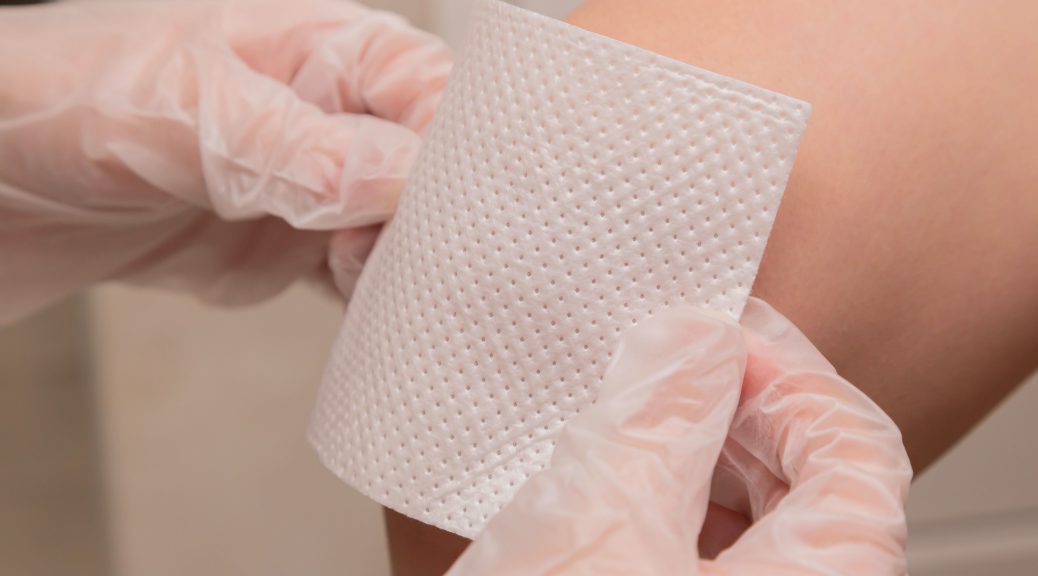
Wound Care Tips You Should Know
While wound care may seem like a simple medical practice you can do at home, it is not always easy to properly treat and care for ruptures of the skin. If not treated properly, wounds can turn into much larger issues, such as infection, scarring, or other complications. In this article, we will share tips on how to properly care for wounds to promote healthy, fast healing.
Wounds You Should Treat at Home
The first thing you should do when you encounter a wound is decide if this is an injury you can treat at home, or if you should seek professional medical attention from a doctor. Small scratches or light cuts can be treated at home to start. However, injustice such as burns, bed wounds, trophic ulcers, or underlying conditions that cause skin complications.
Barriers to Wound Healing
When caring for wounds, it’s important to remember to avoid the following in order to promote a fast and easy healing process.
- Keeping a wound open and exposed. This can lead to infection and irritation when clothing is removed.
- Poor diet. Your body needs proper nutrition in order to heal and regenerate properly.
- Age. As we get older, our bodies are slower to recover and heal.
- Irritating skin products. Try to use non-irritating products formulated for sensitive skin.
At-Home Care Tips You Should Know
Now, let’s jump into some tips and tricks for caring for minor wounds at home!
First and foremost, it’s crucial to keep your wounds clean and dry. Using gauze or bandages to keep the injury from picking up infection-causing bacteria is always a good idea. Remember to change these coverings every 2-4 hours, especially after showering, swimming, or coming into contact with any type of water.
Applying an antibacterial cream or covering can also help you avoid contracting an infection. This is priority number one, as wounds can become infected all too easily. If your wound does come into contact with germs, you will need to take a visit to the doctor to get oral antibiotics to treat the infection before symptoms worsen.
When you do allow your wound to come in contact with water, be sure to apply a gentle wound spray afterward. This way, you can ensure the wound is clean and treated after being exposed. Most of these sprays do not need to be rinsed, so they continue working long after application. Removing dirt and lint from the area can help reduce inflammation even if an infection does not occur!
The most important thing to remember when caring for your wound is to keep a close eye on it and notice any changes that may occur. If you notice things such as oozing, extensive bleeding, or unusual scabbing, these all may serve as signs it’s time to see a doctor and get professional help. To purchase the products above or stock up on general necessities for your medicine cabinet, check out our shop!